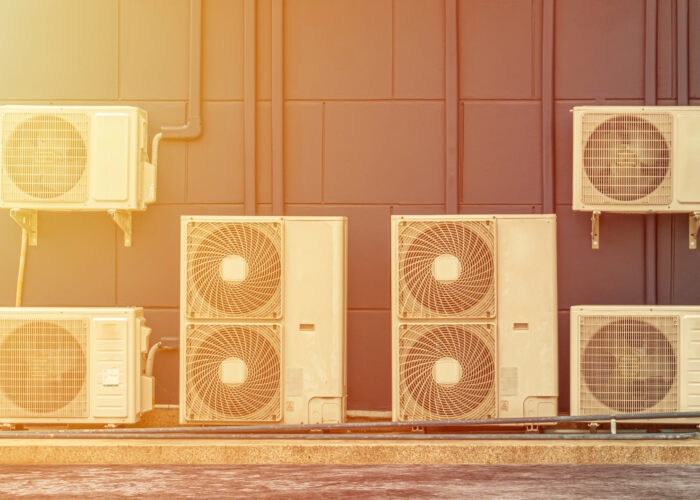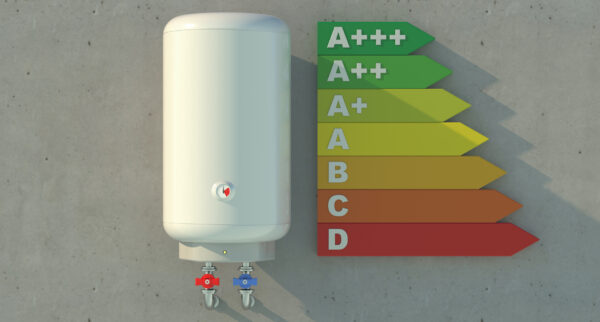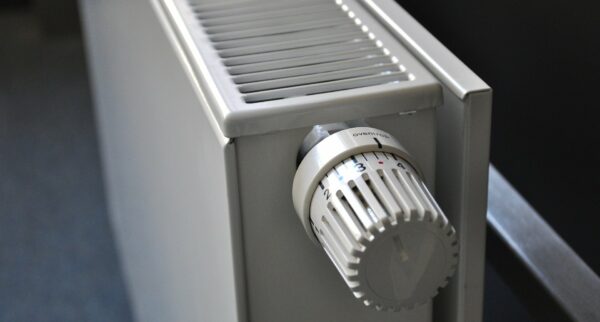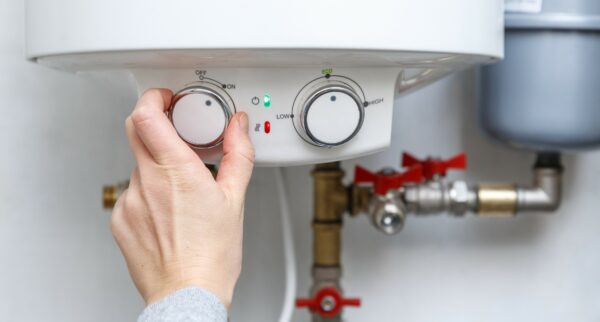
Nothing beats the relief of walking into an air conditioned room in the height of summer. And with summer temperatures expected to climb over the coming years, it’s not surprising that air conditioning systems are now in high demand all over the country.
Air conditioning systems were once thought of as something of a luxury in the UK, but with a whole host of different options now on the market, they’re becoming far more accessible to homeowners looking to stay comfortable no matter how hot it gets outside.
There is a downside to all this choice, though. It’s making the decision-making process difficult! As the number of available systems grows, homeowners are really having to do their homework to determine which air conditioner would be best for them.
In this article, we’ll talk you through six of the most popular air conditioning systems available right now, to explain more about how they work and why customers tend to choose them. Don’t forget, we’re here to help if you have any questions on air condition installation, maintenance and, repairs or would like further advice.
Central Air Conditioner
Widely used in commercial buildings, central air conditioning is reliable and effective. It works via a single external and a single internal unit, which means it’s remarkably subtle in terms of visual impact. Rooms are air conditioned via a series of interconnected ducts and vents, which move air through the building to keep all rooms at a consistent temperature.
Central air conditioning is one of the more expensive options, particularly if it’s installed retrospectively. Typically, this type of air conditioning is fitted as the building is constructed, to keep costs to a minimum.
The other drawback of central air conditioning is that it does mean that rooms must be kept at the same temperature. We wouldn’t recommend it to those who prefer to be able to control the temperature of each room of their home.
Window Air Conditioner
Well suited to smaller homes such as apartments or bungalows, window air conditioning units are much more affordable than central air conditioning systems.
The device itself fits within a window, with one side inside the property and the other outside. Using an inbuilt fan, the air conditioner cools air to circulate within the home, pushing heat and condensation outside.
There are many different types of window air conditioner on the market, with a number of different size options available. Some can be controlled wirelessly, or via remote controls, and a number of the most recently launched devices are compatible with smart systems.
The downside to window air conditioning is the fact that it will only cool the room that it’s positioned in, so larger properties would require a number of these devices if every room needs to be cooled down. They also block much of the window that they’re installed in.
Portable Air Conditioner
Portable air conditioners provide far more flexibility than any other option. They do not require professional installation, so they’re far more affordable than many other systems, and they can easily be put away for the winter or whenever they’re not in use.
These units come with an exhaust hose, which needs to be fed through a nearby window before the air conditioner is switched on. The fan will then circulate cool air within the room, removing hot air via the exhaust hose.
Portable air conditioners aren’t without their drawbacks, however. They are quite large and heavy, and will take up floor space when in use. They’re difficult to disguise, making them less visually appealing than professionally installed options. But if flexibility and affordability are priorities, they are a great option to go for.
Evaporative Air Conditioner
One of the oldest forms of air conditioning is the evaporative air conditioner. Instead of relying on fans like most of our other options, the evaporative air conditioner uses iced water to cool down air in the home.
An evaporative system will blow air across iced water or pads that have been soaked in cooled water. The temperature drop then cools the air, ready for it to be circulated through the property.
Evaporative air conditioning systems must be carefully monitored, as the iced water must be refilled regularly to keep the system working. These units can also increase humidity, which can be a concern for those already battling high levels of humidity indoors.
Split Unit Air Conditioner
A split air conditioner is an air conditioner formed of two split units. One unit is designed to go inside the property, and the other outside. The system requires professional installation, and once it’s installed it cannot be moved. However, they’re far cheaper to run than portable units, and they can be much more effective too.
If noise is a concern, a split unit is a good option to go for. These units are almost silent, because the noisy part of the air conditioner is located in the unit that’s outside the property. The inside unit is therefore far quieter than a portable option could ever be. Split air conditioners do come with a higher price tag than portable systems, however.
Smart Air Conditioner
Many of the air conditioning options we’ve talked about are now available with smart system connectivity. This means that they can be programmed via smart home systems, and adjusted using a phone or tablet. With smart air conditioning, homeowners are in full control. Temperatures can be altered at the touch of a button, even when no one’s at home.
It’s not just the most expensive air conditioning options that are getting smarter. Even more affordable options, such as portable air conditioning units, are now available with smart features. Perfect for those who prefer greater control over temperature settings, smart features are also invaluable when it comes to reducing wastage to keep energy bills down.
—
If you’re considering investing in an air conditioning system, make sure you explore all the available options.
Weigh up the pros and cons of different setups, considering how your family will use the system and what effect your intended usage might have on energy efficiency. Bear in mind the layout of your property and the amount of flexibility you’ll need as you make your choice.
If you need any help deciding on the best option for your home, don’t hesitate to contact our team for expert advice.
Read more on the Differences between residential and commercial air conditioning.




